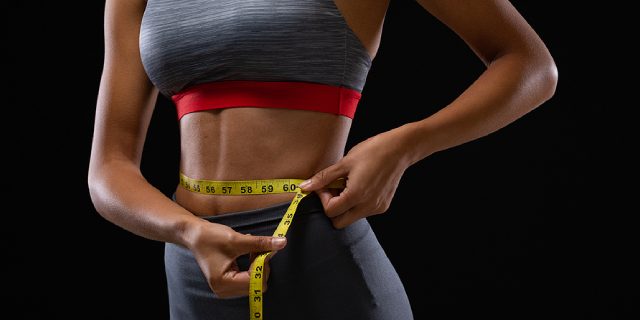Proper hydration plays a pivotal role in any weight loss strategy. Often overlooked in favour of diet and exercise, staying well-hydrated is essential for maintaining overall health and achieving weight loss goals. Utilising resources like a water dispenser in Singapore can make regular hydration more accessible. Understanding the mechanisms by which hydration impacts weight loss can lead to more effective and sustainable results.
The science behind hydration and weight loss
Water is fundamental to numerous bodily functions, including digestion, circulation, and temperature regulation. When it comes to weight loss, water is particularly important for several reasons:
Metabolism boost: Drinking water has been shown to increase the metabolic rate. This is partly due to the body’s energy expenditure to heat the ingested water to body temperature, a process known as thermogenesis. Studies indicate that drinking about 500 ml of water can increase metabolic rate by 30% for approximately 30-40 minutes.
Appetite suppression: Often, the body can confuse dehydration for hunger, which might lead to unnecessary consumption of calories. Drinking water before meals can help control appetite, making it easier to consume fewer calories. Research suggests that drinking 500 ml of water before each meal can result in significant weight loss over time.
Fat oxidation: Hydration is crucial for the mobilisation and metabolism of fat. Water is required for the process of lipolysis, where fats are broken down into fatty acids and glycerol. Without adequate hydration, the body’s ability to burn fat efficiently is compromised.
Practical tips for staying hydrated
Incorporating proper hydration into a weight loss plan doesn’t have to be complicated. Here are some practical tips to ensure adequate water intake:
Invest in a water dispenser: Having a water dispenser in offices or at home makes it easier to drink water throughout the day. This convenient access encourages regular hydration and can also help reduce the use of single-use plastic bottles.
Set reminders: Use phone alarms or apps to remind you to drink water at regular intervals. This can be particularly helpful for those with busy schedules.
Infuse water with flavour: Adding slices of fruits, vegetables, or herbs can make drinking water more enjoyable. Popular choices include lemon, cucumber, and mint.
Monitor urine colour: A practical indicator of hydration is the colour of your urine. Light yellow or clear urine typically indicates good hydration, while darker urine suggests the need for more fluids.
Hydration and exercise
Exercise is a critical component of weight loss, and proper hydration is essential for optimal performance and recovery. During physical activity, the body loses water through sweat, which must be replenished to maintain performance and prevent dehydration.
Pre-exercise hydration: Drinking water before exercise ensures that you start your workout well-hydrated. Aim to drink about 500 ml of water 2-3 hours before exercise.
During exercise: For exercises lasting less than an hour, sipping water at regular intervals is sufficient. For longer or more intense workouts, consider sports drinks that contain electrolytes to replace lost salts.
Post-exercise hydration: Rehydration after exercise is crucial for recovery. Drinking water and consuming foods with high water content, such as fruits and vegetables, can aid in restoring hydration levels.
Debunking hydration myths
Several myths surrounding hydration and weight loss persist. Clarifying these misconceptions can help in adopting healthier hydration practices:
Myth: Drinking cold water burns more calories: While the body does expend energy to warm cold water to body temperature, the calorie expenditure is minimal and not significant enough to impact weight loss meaningfully.
Myth: Drinking excessive water leads to better weight loss: While hydration is important, overconsumption of water can lead to a condition called water intoxication or hyponatremia. This occurs when the balance of electrolytes in the body is disrupted due to excessive water intake.
Myth: Thirst is the best indicator of hydration: By the time you feel thirsty, you may already be mildly dehydrated. Regular water intake throughout the day is essential, regardless of thirst.
Conclusion
Incorporating proper hydration into a weight loss strategy is not only beneficial but essential. From boosting metabolism to suppressing appetite and aiding in fat oxidation, water plays a crucial role in achieving and maintaining weight loss. Ensuring regular water intake, particularly before meals and during exercise, can significantly enhance weight loss efforts.
To support your hydration needs and improve your living environment, Wells offers a range of water dispensers and air purifiers, making it easier to stay hydrated and healthy. Visit us today for more information.



